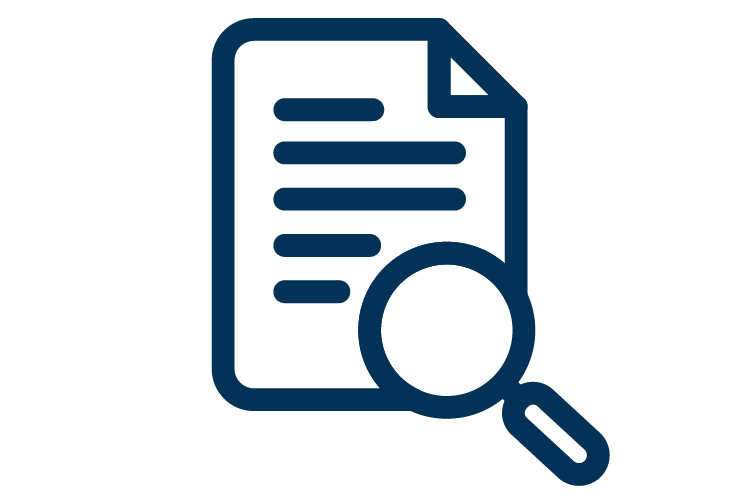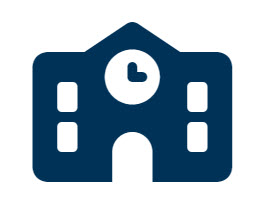
The Money Smart for Older Adults Program raises awareness among older adults and their caregivers on how to prevent fraud, scams, and other elder financial exploitation. The curriculum encourages advanced planning and informed financial decision-making. Money Smart for Older Adults was developed jointly by the Federal Deposit Insurance Corporation (FDIC) and the Consumer Financial Protection Bureau (CFPB).
The curriculum can be taught in full or by individual topics. The module and topics consist of three-parts, an instructor guide, resource guide, and PowerPoint slides that supplement classroom instruction. The materials are free of charge.
Topics
The free instructor-led curriculum covers ten topics:
| Topics | Descriptions | Available Resources |
|---|---|---|
| Checking In and Getting Started | Gain an overview on financial exploitation, while protecting your identify and preparing for financial loss. Find money management resources and learn how to report incidents of financial exploitation to people who can help. | Instructor Guide (Checking In) Resource Guide (Checking In) PowerPoint Slides (Checking In) |
| Common Types of Elder Financial Exploitation | Guard against abuse by using trustworthy helpers to manage property and personal finances. Protect yourself from romance ploys. | Instructor Guide (Elder) Resource Guide (Elder) PowerPoint Slides (Elder) |
| Investment Fraud | Misleading ads that promise guaranteed investment returns. | Instructor Guide (Investment) Resource Guide (Investment) PowerPoint Slides (Investment) |
| Avoiding Telephone and Internet Scams | A fake call or electronic message from someone falsely claiming to represent the government, a company or a grandchild. | Instructor Guide (Telephone) Resource Guide (Telephone) PowerPoint Slides (Telephone) |
| Avoiding Charity Scams | Deceptive request to donate towards a charity or non-profit that require or pressure a person to make a quick decision. | Instructor Guide (Charity) Resource Guide (Charity) PowerPoint Slides (Charity) |
| Computer-Internet Scams | False assertion from fake computer technicians or information technology companies claiming your computer has been compromised. | Instructor Guide (Computer) Resource Guide (Computer) PowerPoint Slides (Computer) |
| Identity Theft and Medical Identity Theft | Request for your Social Security, Medicare or other personal information to use in order to run up unauthorized charges to your accounts. | Instructor Guide (ID Theft) Resource Guide (ID Theft) PowerPoint Slides (ID Theft) |
| Planning for Unexpected Life Events | Preparation for unexpected health problems and natural disasters. | Instructor Guide (Life Events) Resource Guide (Life Events) PowerPoint Slides (Life Events) |
| Scams that Target Homeowners | Dishonest contact by solicitors offering home improvement and repair services, normally after a weather emergency. | Instructor Guide (Homeowners) Resource Guide (Homeowners) PowerPoint Slides (Homeowners) |
| Scams that Target Veterans | A purported fiduciary offering assistance that ultimately negatively affect your eligibility for public benefit programs. | Instructor Guide (Veterans) Additional Resources
Protect Money | FINVET | National Veterans Financial Resource Center Sign over a portion of your VA benefits? Nope, that’s a scam | FTC Veterans Benefits Administration | Fraud Prevention |
Back to top | View more Available Resources
The full set of modules are available for download here:
The printed resource guides can be ordered in bulk from the CFPB at:
A separate, stand-alone handout with COVID-19 scams and planning tips is also available.
Additional Links

Money Smart Alliance
Learn, collaborate and grow with FDIC’s recognized organizations that use Money Smart.

Teacher Online Resource Center
Here you will find tools to help you teach financial education including lesson plans, videos, and other resources

Train-the-Trainer Program
Provides guidance with videos, workshops, and webinars

Training & Events
Announcements of upcoming Money Smart events for Train-the-Trainer and Small Business events


